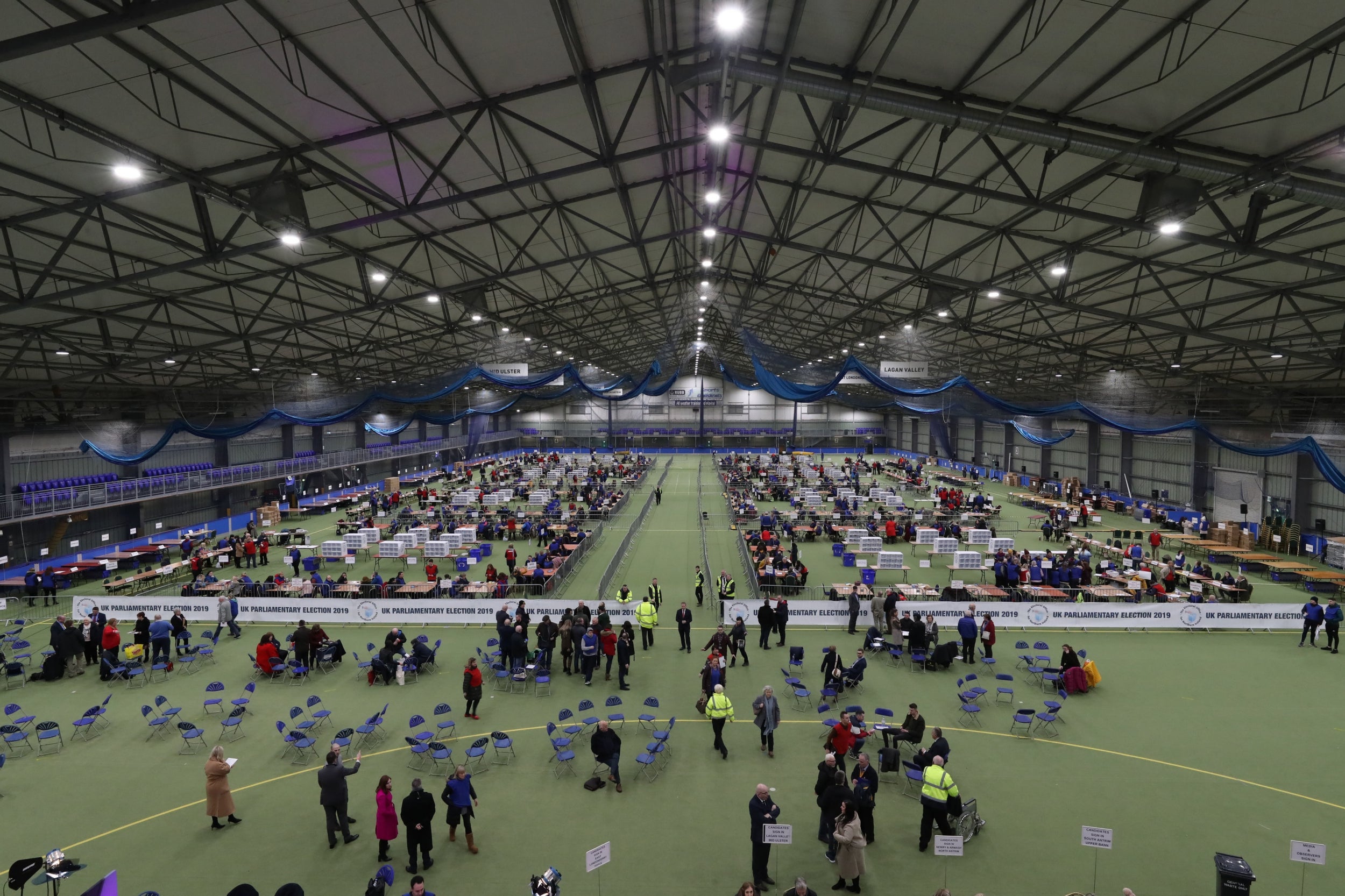Boris Johnson to ‘stop tens of thousands voting’ by making photo ID mandatory at polling stations
Pilots of scheme saw hundreds of voters without photographic ID turned away from polling stations
Your support helps us to tell the story
From reproductive rights to climate change to Big Tech, The Independent is on the ground when the story is developing. Whether it's investigating the financials of Elon Musk's pro-Trump PAC or producing our latest documentary, 'The A Word', which shines a light on the American women fighting for reproductive rights, we know how important it is to parse out the facts from the messaging.
At such a critical moment in US history, we need reporters on the ground. Your donation allows us to keep sending journalists to speak to both sides of the story.
The Independent is trusted by Americans across the entire political spectrum. And unlike many other quality news outlets, we choose not to lock Americans out of our reporting and analysis with paywalls. We believe quality journalism should be available to everyone, paid for by those who can afford it.
Your support makes all the difference.Boris Johnson is poised to push through requirements for photo ID at polling stations – plans that critics warn are designed to suppress the ability of young people and disadvantaged groups to vote.
The prime minister faced immediate calls to ditch the “dangerous” proposal. The Electoral Reform Society warned: “Make no mistake – these plans will leave tens of thousands of legitimate voters voiceless.”
Campaigners accused the prime minister of taking action on an “imaginary” problem while ignoring more serious threats to British democracy, such as anonymous political ads, dodgy donations and fake news.
Meanwhile, the 15-year limit on expats voting in general elections is to be lifted, allowing UK citizens living abroad to continue casting their ballots for the rest of their lives.
Traditionally this has been seen as a way of boosting the Conservative vote, though Mr Johnson risks a backlash from the million-plus UK citizens in the EU who overwhelmingly supported Remain in the 2016 referendum but were denied a vote.
Proposals for voter ID sparked howls of outrage when they were included in October’s Queen’s Speech, with Labour accusing the government of trying to rig the result of the next general election.
A trial of the scheme in local elections this year saw around 800 people turned away from polling stations.
As in October, the government has attempted to allay concerns that the poor will be priced out of voting, by confirming plans for a new free-of-charge “local electoral identity document” for those without passports or driving licences.
But ERS director of policy and research Jess Garland said: “When millions of people lack photo ID, these plans risk raising the drawbridge to huge numbers of marginalised voters.
“Despite the efforts of experts and campaigners, government have so far sat on their hands in the face of the actual threats to electoral integrity – anonymous ‘dark ads’, dodgy donations and disinformation. Yet now, just days after securing a majority, the government now seeks to invest in fighting an imaginary problem.

“Make no mistake – these plans will leave tens of thousands of legitimate voters voiceless. Ministers should focus on combating the real threats to our democracy, rather than suppressing voters’ rights.
“The government has no examples to justify this ‘show your papers’ policy. There is simply no evidence of widespread impersonation. Simply put, ministers must think again and withdraw this dangerous proposal.”
The move forms part of a wider reform of arrangements for voting, also including the tightening of rules around the use of postal votes, following years of allegations from Tory MPs that the system was being abused.
Campaigners will be banned from handling postal votes, and a new power will limit the number of postal votes any individual can hand in.
Voters will have to renew their registration to vote by post every three years, rather than remaining on the list indefinitely.
And individuals will be banned from acting as proxy to more than two other voters, regardless of their relationship.
People unable to get to the polling station – whether because of disability, temporary illness or being away from home – can arrange for someone else to act as their proxy to vote on their behalf. Currently, there is an exemption to the two-proxy vote limit for those casting votes on behalf of close relations.
A drive by Remain supporters saw more than 1,000 proxy votes cast in last week’s election on behalf of expats who did not trust the postal system to get their ballot papers in on time.

Join our commenting forum
Join thought-provoking conversations, follow other Independent readers and see their replies
Comments